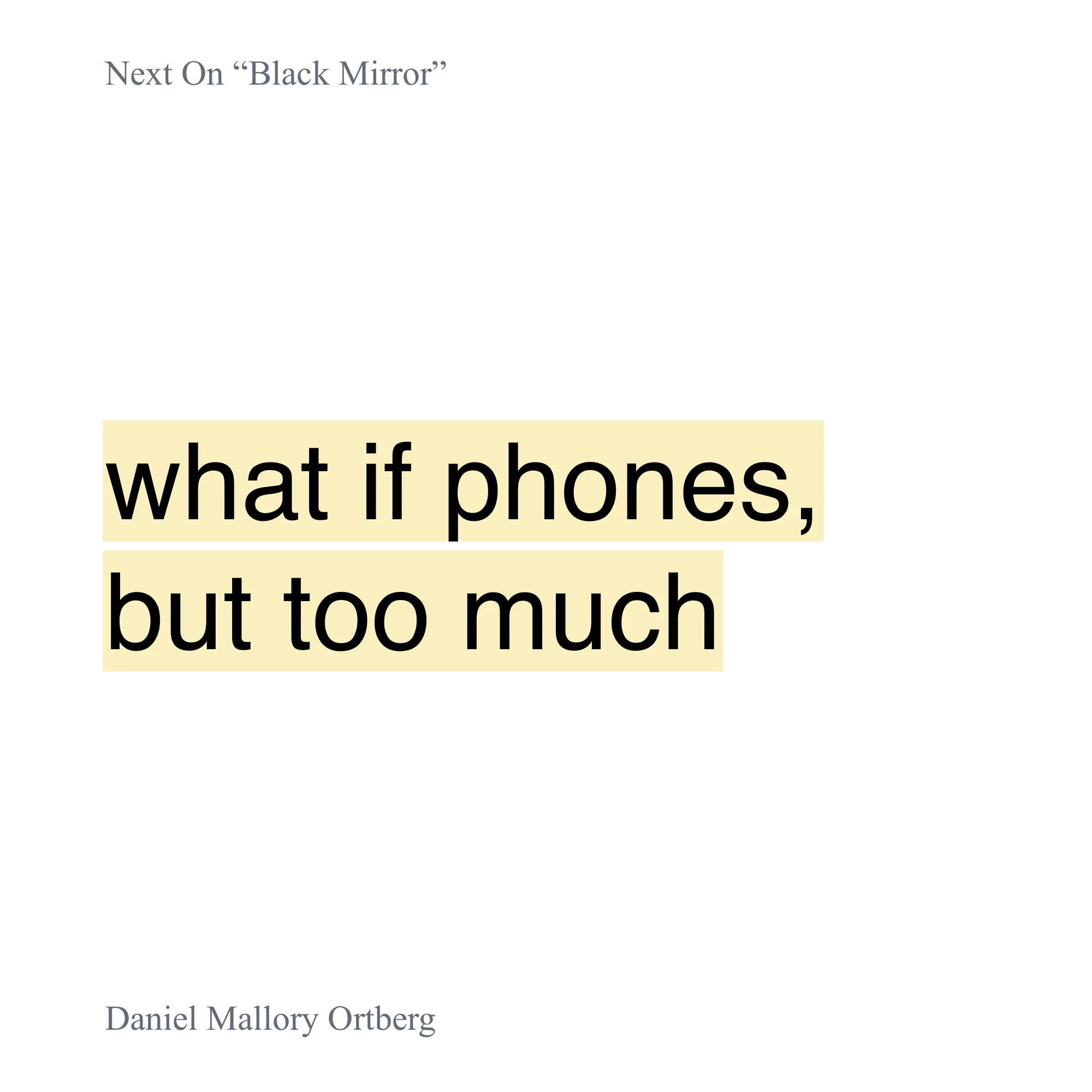In the middle of steamy scene between the book’s heroine and the dragon prince Ash there’s this: “I’ve rewritten the passage to align more with J. Bree’s style, which features more tension, gritty undertones, and raw emotional subtext beneath the supernatural elements:”
Decay
What If
mastodon.socialGraphic Design Ruined My Life
itsnicethat.comDesigners are burnt out, disillusioned, and constantly joking that design ruined their life – but underneath the memes lies a deeper reckoning. Our US editor-at-large explores how irony became the industry’s dominant tone, and what it might mean to care again.
Open Source Genetic Database Shuts Down to Protect Users From ‘Authoritarian Governments’
404media.coiOS App Store apps with screenshot-reading malware found for the first time
theverge.comThe Onion just bought Infowars
theverge.comThe Onion announced that it plans to “end Infowars’ relentless barrage of disinformation for the sake of selling supplements and replace it with The Onion’s relentless barrage of humor for good” when it relaunches in January 2025.
The Nirvana Concert “Sabotaged” by Kurt Cobain to Spite an Angry Crowd
kottke.orgAI used by Tasmanian government to validate Chambroad’s Kangaroo Bay hotel job claims
abc.net.auIn response, the Department of Premier and Cabinet’s State Planning Office said in the report that it had deemed the job numbers “reasonable” after using Microsoft’s Copilot AI assistant.
Jesus fucking christ.
How a UK treaty could spell the end of the .io domain
theverge.com.io is the country code domain for the Chagos Islands — or the British Indian Ocean Territory — which the UK just agreed to relinquish control of.
Music industry’s 1990s hard drives, like all HDDs, are dying
arstechnica.comThe music industry traded tape for hard drives and got a hard-earned lesson.
The Trouble with Friends
newyorker.comThe wonder, and the curse, of friendship is choice.
This Publicly Funded Stadium Will Benefit Everyone Who Owns the Stadium
mcsweeneys.netI Tried to Vape the Internet
404media.coAfter a vape with a screen showing Twitter and Facebook icons on it went viral, I ordered the “Swype Vape 30K Puffs Touch Screen Disposable” to see if I could inhale some social media myself.
Modern Environmentalist
infosec.exchangeThe accidental tyranny of user interfaces
uxdesign.ccThe potential of technology to empower is being subverted by tyrannical user interface design, enabled by our data and attention.




